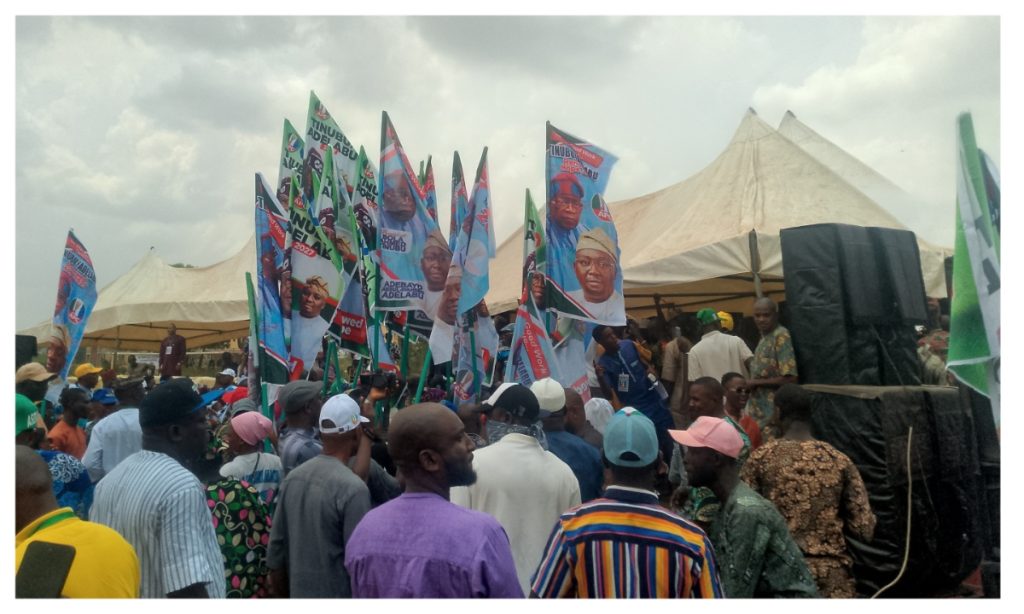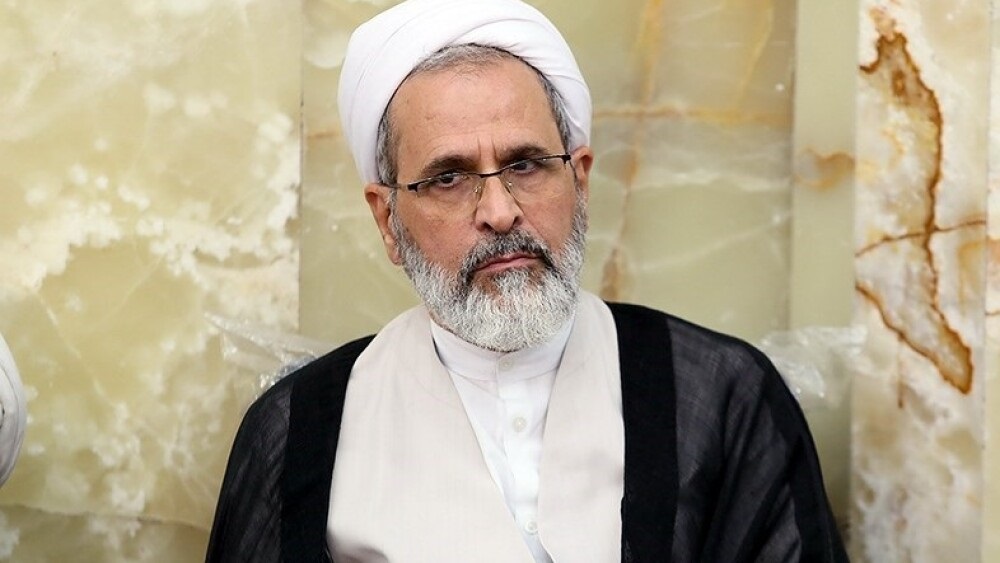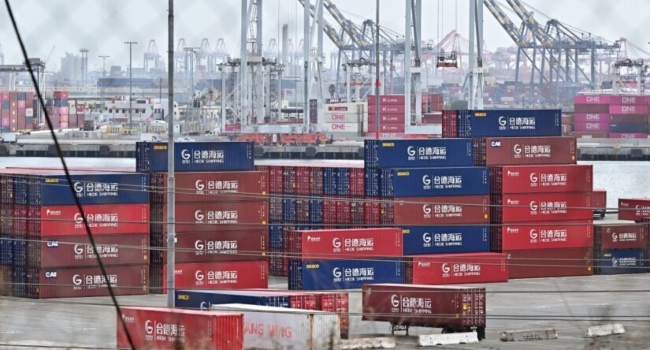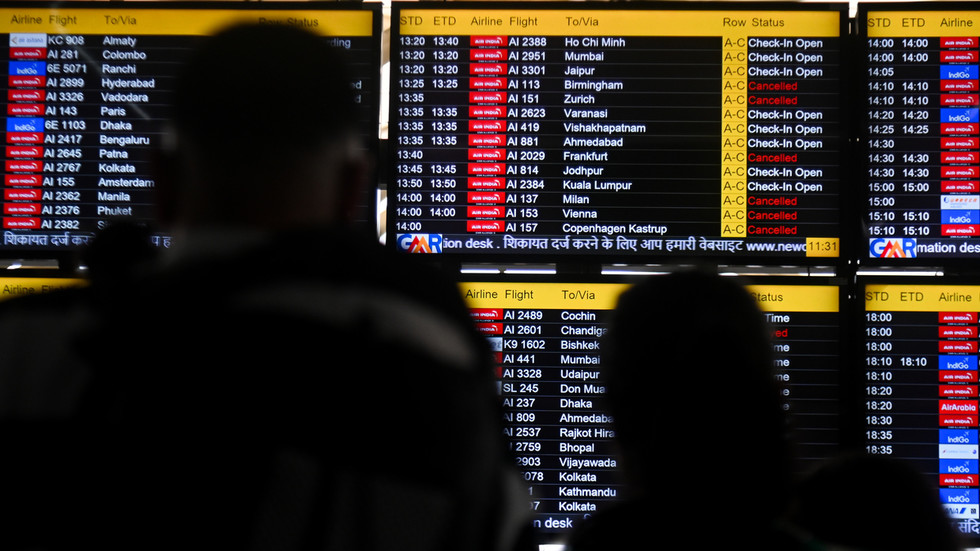Dangote Group’s Stock Prices Plunge amid Foreign Exchange Losses and Securities Commission Rejection
Nigeria’s leading conglomerate, Dangote Group, is facing a significant decline in its stock prices following a series of challenges. The Group’s subsidiaries, Dangote Sugar Refinery and NASCON Allied Industries, have seen their stock prices plummet over the past few months. Analysts attribute the decline to foreign exchange losses and the Securities and Exchange Commission’s rejection of their proposed merger.
The Dangote Sugar Refinery’s stock has plummeted by 18.67% from May to August 2024, falling from N45.00 to N36.60. Similarly, NASCON Allied Industries experienced a downturn of 12.57%, dropping from N37.00 to N32.45 over the same period. On the other hand, Dangote Cement achieved a 41% growth in its share price, rising from N419 to N591.
The decline has been attributed to foreign exchange losses resulting from the continuous depreciation of the naira, which has increased the cost of importing raw materials, further squeezing profit margins. Analysts also point to the ongoing inflationary pressures and forex volatility as exacerbating these challenges.
The Securities and Exchange Commission rejected the proposed merger between Dangote Sugar Refinery, NASCON, and Dangote Rice Limited, citing concerns over the current non-operational status of Dangote Rice Limited. The regulatory decision has led to a loss of investor interest, further exacerbating the stock price fluctuations.
A shareholders’ advocacy group leader, Bisi Bakare, believes that Dangote Group’s subsidiaries are facing similar challenges in the manufacturing sector, with foreign exchange losses and inflationary pressures being major concerns.
“The effect of foreign exchange losses is a major challenge,” Bakare said. “The high cost of raw materials imported and the high cost of energy are also affecting the industry. Dangote Cement, in particular, is not an exception to these challenges.”
A financial analyst, Ariyo Olugbosun, attributed the decline to the Securities Commission’s denial of the proposed merger, which has led to a loss of investor interest. “The SEC’s decision on the merger has been a major driver behind the fluctuating stock prices,” Olugbosun said.
In response to concerns about Dangote Cement’s price, the President of the Progressives Shareholders Association of Nigeria, Boniface Okezie, highlighted that the fluctuations are largely driven by market forces, underscored by broader trends affecting the sector.
“The trend is not unique to Dangote Cement alone. Other companies in the cement industry, such as BUA Cement and Lafarge, have similar patterns. Despite the challenges, Dangote Cement remains higher in value compared to its peers,” Okezie said.
Regarding Dangote’s much-anticipated refinery project, Okezie noted that its performance cannot be assessed at this time, as it is not yet a publicly quoted company. He emphasized the need for swift action to prevent further damage to the oil and gas industry.
“The refinery is not fully operational, and until it is, we cannot gauge its market strength,” Okezie explained. “Nigeria stands to lose if the regulatory relationships aren’t quickly resolved.”
Okezie also expressed concern over the potential implications for foreign investment, cautioning that unresolved issues could deter investors from engaging with Nigeria.
However, he urged for a swift resolution to maintain Nigeria’s attractiveness to international investors, emphasizing that the journey might not be easy but will yield benefits once the challenges are resolved.
“It’s a long-term investment, and he won’t reap the rewards immediately, but he will in time,” Okezie added.
As the Dangote Group navigates these challenges, the company’s stakeholders will be closely watching the developments to determine whether the conglomerate can recover its growth momentum.



